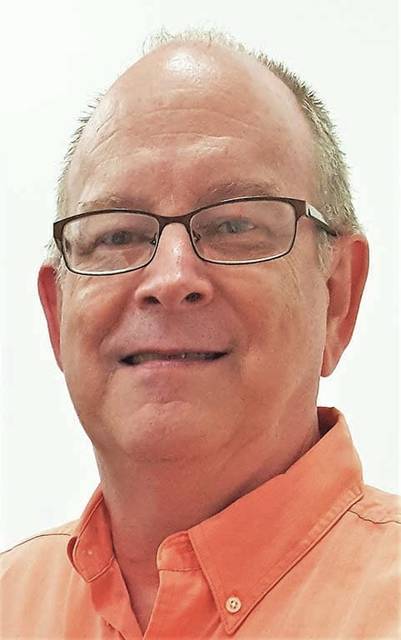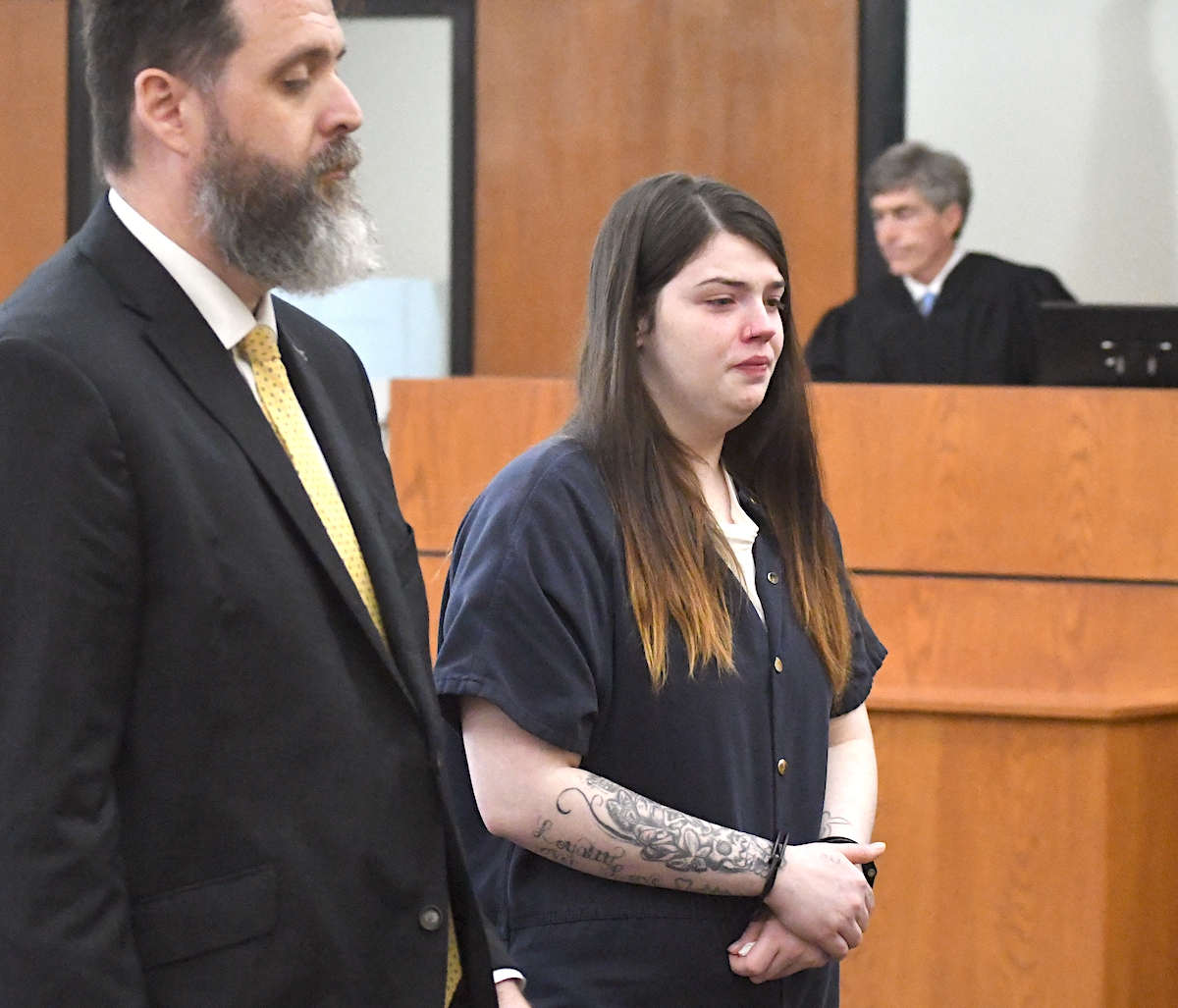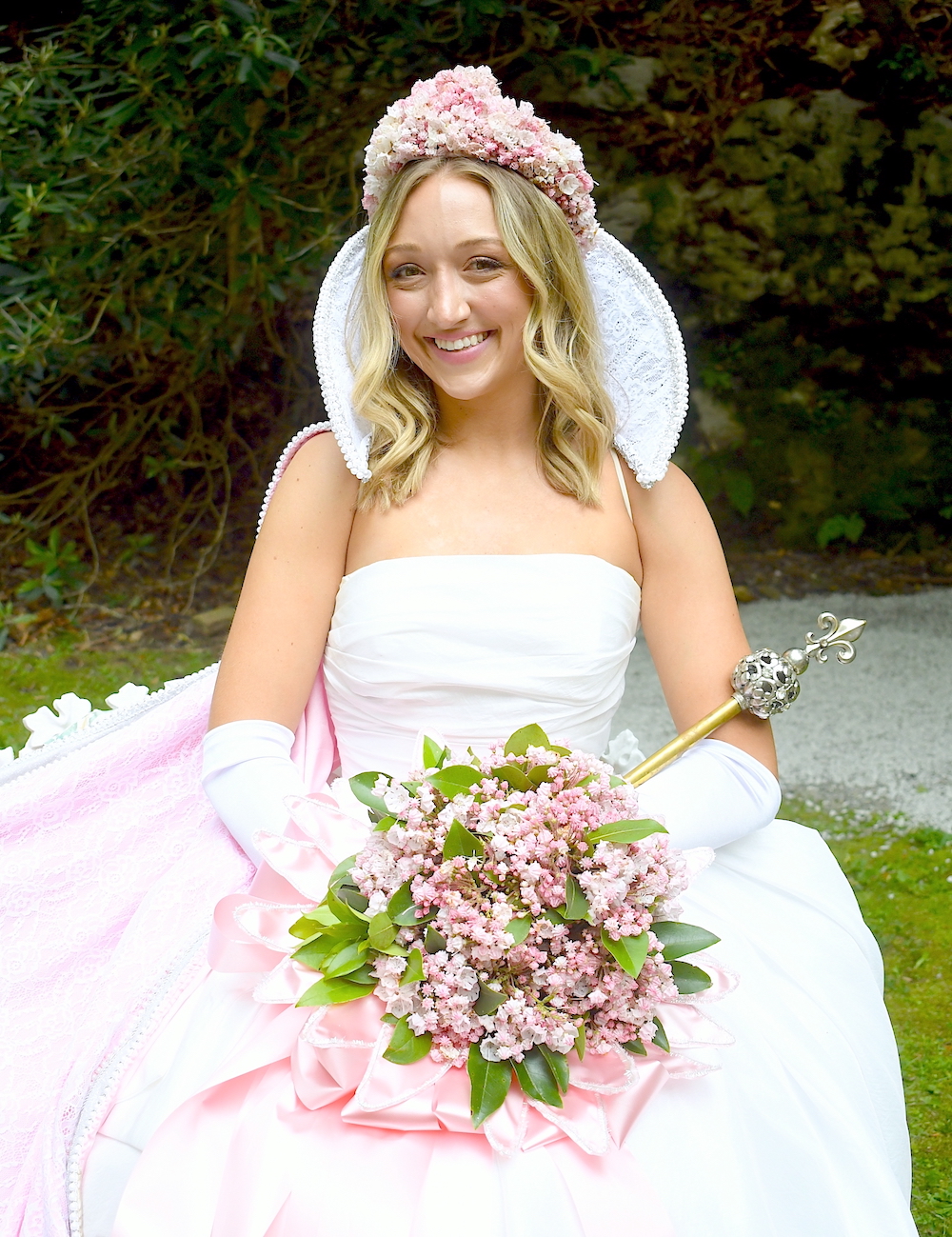With career overshadowed by NBA draft, Bowie’s greatness often overlooked
Published 4:50 pm Friday, May 8, 2020
By Jamie H. Vaught
For Week of May 4-8
(Editor’s Note: During our national COVID-19 crisis, longtime sports columnist Jamie H. Vaught will be writing about the ex-Wildcats who were featured in one of his first four books on UK basketball, using excerpts that were published in his out-of-print volumes. His latest and fifth book, titled “Chasing the Cats: A Kentucky Basketball Journey,” was released in late February 2020.)
It was national news in 1979 when high school hoops superstar Sam Bowie signed with Kentucky. He was a highly-recruited kid who became a member of coach Joe B. Hall’s highly-regarded recruiting crop which included other stars such as Dirk Minniefield and Derrick Hord.
Despite his leg injuries, the 7-foot-1 Bowie went on to become a two-time All-American at UK and a solid 11-year NBA performer. While at Kentucky, the Lebanon, Penn., native was a member of the 1980 U.S. Olympic team.
He later spent some time as the broadcast analyst for the UK Radio Network.
When I interviewed Bowie, now 59, for “Crazy About The Cats: From Rupp to Pitino” book that was published in 1991, he was still playing pro basketball.
And I remember I had to wait for that book interview for a long couple of hours on the UK campus as Bowie was nowhere to be seen on that very hot summer day in 1990. It was highly unusual for the former Wildcat to miss a meeting as he was one of the most agreeable fellows around. He had the reputation of being very dependable. Eventually he showed up just to work out and saw me preparing to leave.
“I’m sorry,” said Bowie. “I forgot all about it. It just slipped my mind.”
Bowie – who was drafted as the No. 2 pick of the 1984 NBA Draft (ahead of No. 3 Michael Jordan) – apologized, saying he felt really bad about the forgetting the appointment, which had been set up just a few days before.
During the interview, Bowie, who just had a signed a new NBA contract three months earlier, said money won’t change him.
“The first thing I did (after signing the pact) was to count my blessings and realize how fortunate I was,” said Bowie, who came from a blue-collar type of family. “I’ve never been one who’s motivated by money or materialistic things. I’ll always be the same Sam Bowie regardless of how much money I ever get.
“I was raised in the Methodist church. When I came to school here at Kentucky, I went to a Baptist church and now I consider myself non-denominational. I just go to whatever church is available. I go there and give thanks for the lifestyle that I’m living.”
Before arriving at UK, Bowie seriously considered another university which also had a very nice hoops program at the time.
“It came down to either going to UK or going to Nevada-Las Vegas,” recalled Bowie, whose 6-11 father played for the Harlem Magicians. “(Coach) Jerry Tarkanian recruited me extremely hard. He was very anxious for me to sign to go to Nevada-Las Vegas.
“When I visited out there, I enjoyed it. I liked the strip. It was my first time of really seeing that type of atmosphere with the lights glittering, the town that never shuts down, things like that.
“But then when I visited Kentucky, there was the tradition, the fan support and the exposure that I was going to get for being on national TV. It was just a situation that I couldn’t turn down and I decided to go to UK.”
Like day and night, Coach Hall and Tarkanian were coaches of vastly different personalities. (As you may recall, Tarkanian often battled with the NCAA.)
“Tark the Shark was a more outgoing type of guy, looser and joked around a lot more,” Bowie said. “(He’s) a lot more liberal. Coach Hall is a straight forward type of guy, a disciplinarian, from the old school. (You would give) a ‘yes sir,’ ‘no sir’ type of response. They are literally two different type of individuals.”
While at Kentucky, Bowie had to sit out two straight years (1981-82 and 1982-83) because of leg injuries. It was a difficult time for him, going through long, frustrating recovery periods and he was uncertain about his playing career in the future. And Hall gave emotional support to Bowie.
“I think I was blessed with a God-given ability to endure the so-called setbacks,” said Bowie, who played with another Twin Tower, 6-11 Melvin Turpin, on UK’s 1984 Four Four team. “I’ve always been the type of guy who never wants to bring my problems to someone else, and I try and deal with my problems within myself and not bear them on someone else. I feel as though my inner toughness, without boasting or bragging, was such that I was just the type of individual who could handle those situations.
“Coach Hall and I had great conversations, especially when I was injured and he was helping me get through those trying times. Coach Hall was a very tough coach. He was a guy who set a lot of rules, regulations and curfews, but I had a wonderful relationship with Coach Hall. He was a disciplinarian. He believed that hard work paid big dividends and he never was the type of guy who thought shortcuts were any way to success. I have nothing but respect for him.”
By the way, after that interview ended, Bowie again apologized for forgetting the appointment.
Call him a Gentle Giant.
Jamie H. Vaught, a longtime sports columnist in Kentucky, is the author of five books about UK basketball, including newly-released “Chasing the Cats: A Kentucky Basketball Journey.” He is the editor and founder of KySportsStyle.com Magazine, and a professor at Southeast Kentucky Community and Technical College in Middlesboro. You can follow him on Twitter @KySportsStyle or reach him via email at KySportsStyle@gmail.com.
-30-







